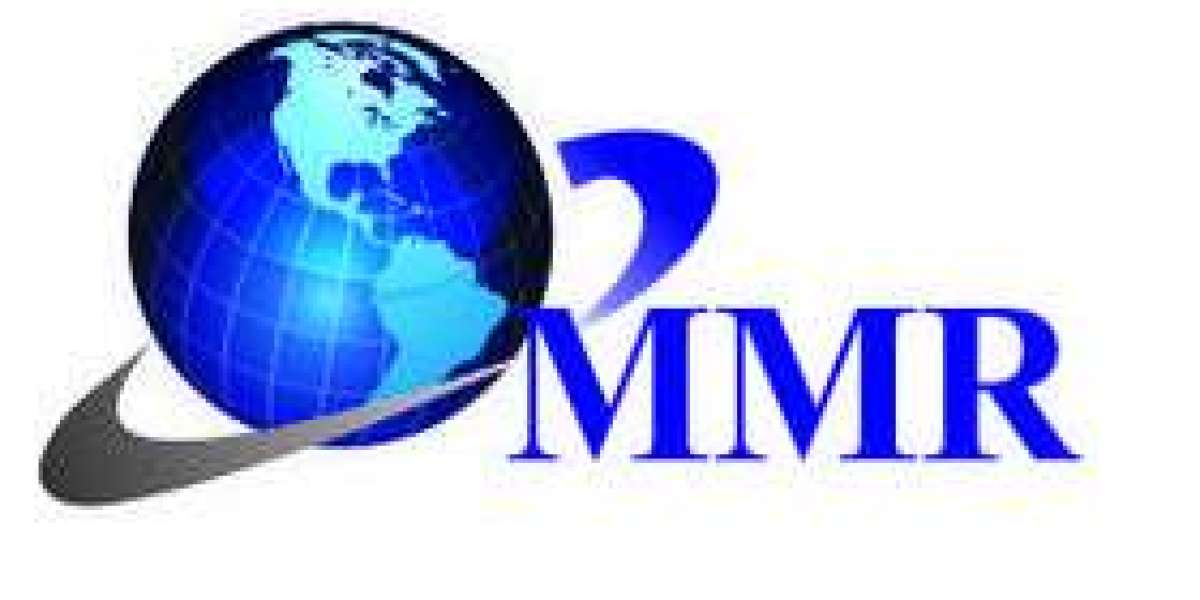Introduction: In today's fast-paced world, maintaining healthy and fulfilling relationships has become a challenging task. Whether it's with a partner, family member, friend, or colleague, conflicts and misunderstandings can arise, leading to emotional distress and communication breakdowns. This is where relationship counseling comes in, offering guidance and support to navigate through these obstacles. But what exactly can you expect from therapy for relationships? Let's delve into the key aspects of counseling and how it can benefit you.
What is Relationship Counseling?
Relationship counseling, also known as couples therapy or marriage counseling, is a type of therapy that focuses on helping individuals and couples improve their relationships. This can involve addressing issues such as communication problems, trust issues, conflict resolution, and intimacy issues. Relationship counsellors are trained professionals who provide a safe and supportive environment for clients to explore their thoughts and feelings, identify patterns of behavior, and develop healthier ways of relating to each other.
What to Expect from Counseling for Relationships
- Expert Guidance: When you seek relationship counseling, you will be working with a skilled therapist who has expertise in helping couples and individuals navigate through challenging relationship dynamics. Your therapist will listen attentively to your concerns, validate your emotions, and offer practical strategies to help you improve your relationship.
- Effective Communication: One of the key goals of relationship counseling is to improve communication between partners. Your therapist will help you learn how to express your needs and emotions effectively, listen to your partner's perspective, and resolve conflicts in a constructive manner. By enhancing communication skills, you can cultivate a deeper understanding and connection with your loved ones.
- Conflict Resolution: In any relationship, conflicts are inevitable. Relationship counseling can teach you effective techniques for resolving conflicts and disagreements in a healthy and respectful way. Your therapist will guide you through conflict resolution exercises, help you identify underlying issues, and empower you to find mutually satisfactory solutions.
- Building Trust: Trust is essential for the foundation of any strong relationship. Through therapy, you can work on rebuilding trust with your partner, resolving past betrayals or breaches of trust, and nurturing a sense of security and commitment. Your therapist will provide a safe space for open and honest discussions, allowing you to address trust issues and rebuild a sense of connection.
- Emotional Support: Relationships can bring about a wide range of emotions, from joy and love to anger and sadness. In counseling, you will receive emotional support and validation for your feelings, helping you process your emotions in a healthy way. Your therapist will offer empathy, compassion, and non-judgmental support as you navigate through the ups and downs of your relationships.
Finding a Therapist Near You
When seeking relationship counseling, it's important to find a therapist who is a good fit for you and your specific needs. You can start by searching for "therapist near me" through online directories, referrals from friends or family, or professional organizations. It's essential to choose a therapist who is licensed, experienced, and has a proven track record of helping clients improve their relationships. - In conclusion, relationship counseling can provide valuable insights, tools, and support to help you cultivate healthy and fulfilling relationships. By working with a skilled therapist, you can learn effective communication strategies, resolve conflicts, build trust, and navigate through relationship challenges with confidence. If you're ready to embark on a journey of self-discovery and growth, consider seeking counseling for your relationships and experience the transformative power of therapy.



